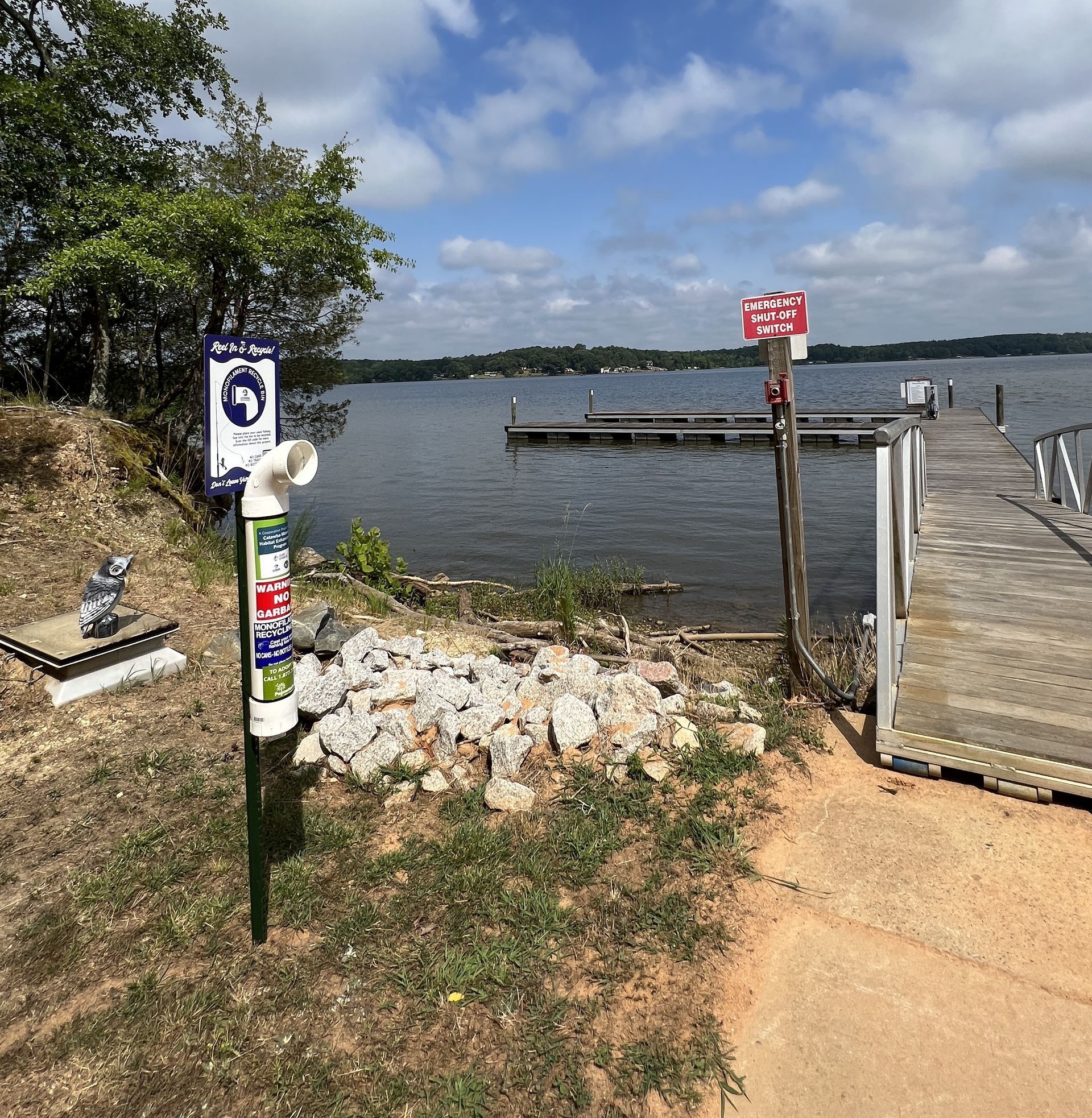Catawba Riverkeeper
Fishing Line Recycling
Fishing Line Recycling
Catawba Riverkeeper maintains monofilament and other fishing line recycling bins throughout the Basin. Used fishing lines are often left behind, get caught up in the flora of the waterways, entraps wildlife, and is a nuisance for boaters alike. We have placed fishing line recycling “bins” at various boat ramps, marinas, and nature parks for communities to dump used or found fishing line in.
Due to the number of bins we currently operate, we rely on volunteers to assist us in monitoring and emptying the bins regularly to record data on the used fishing line collected. Once a month the bins are checked for lines and collected. The collected line is sent to Catawba Riverkeeper’s main office to be recorded before being sent on to Berkley Fishing where it is recycled into tackle boxes, spools for line, fish habitats, and more. Willing individuals, civic groups, or local organizations that can take long-term ownership of maintaining a recycling bin are encouraged to volunteer.
What to Expect

All the supplies and know-hows needed!
We will provide all equipment necessary and train you in the cleanout process.
Line, line, and more line!
Unfortunately, not all lines make it into the bin, so at times we take a little walk around to see if we can help pick it up before something gets entangled in it.
Short bursts of volunteerism
These bins can hold a lot of fishing lines so it’s not necessary to check it weekly. Most of our volunteers check it monthly or even bi-monthly depending on the area.
Stewardship for your local environment
By being a part of our mission, you too become a voice for the river and can inspire others!
If you have questions or are interested in supporting our mission through volunteerism or community science, contact Volunteer & Community Science Manager Kaity D’Angelo at Kaity.d@catawbariverkeeper.org.
Support Our Foundation
Let's protect the Catawba River!
The Catawba Riverkeeper Foundation is working towards clean, plentiful water now and for generations to come.





